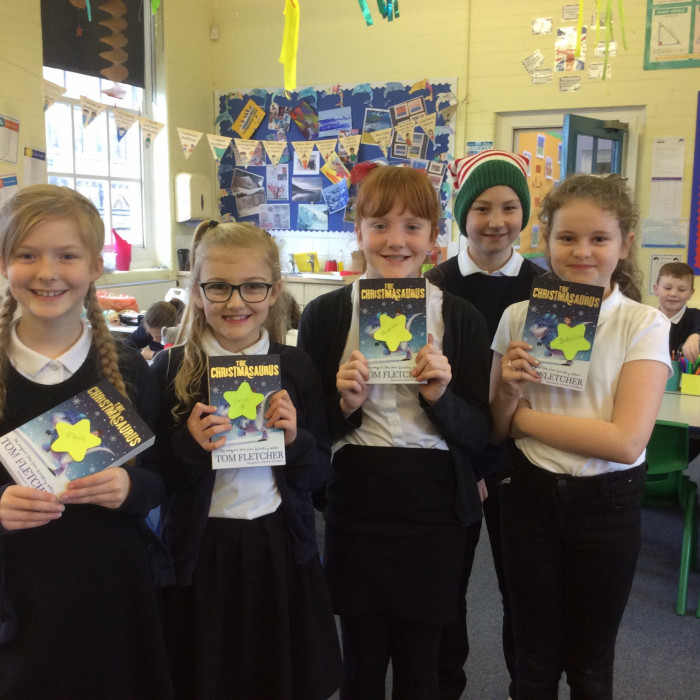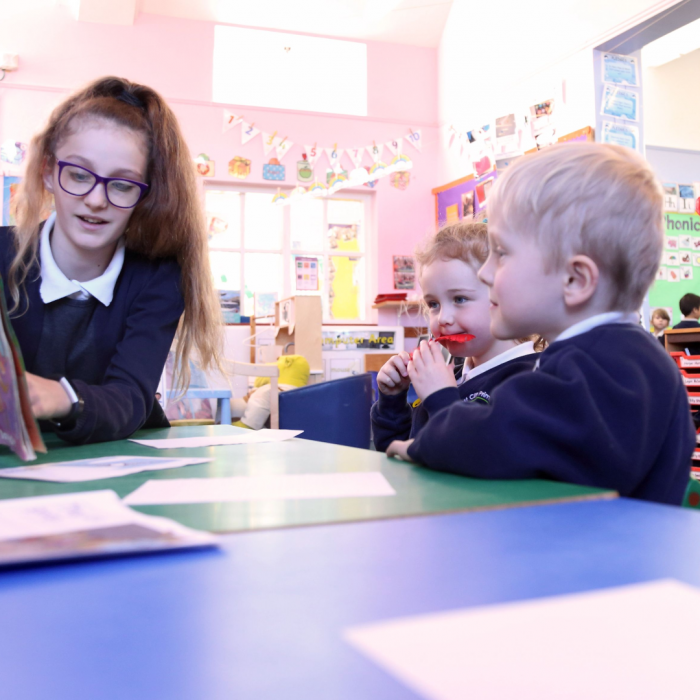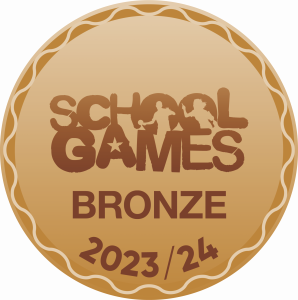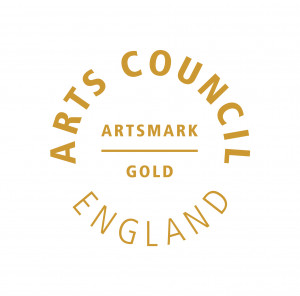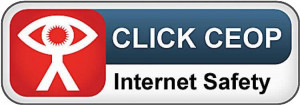Writing
Intent
At West Cliff we inspire and engage our learners. Children enjoy expressing themselves creatively through their writing and on stage in regular productions. Their love of ambitious vocabulary and knowledge of grammatical concepts is developed in language-rich classrooms, and then applied when writing independently for a range of purposes and audiences.
- We provide a clear sequence of learning, building on children’s prior knowledge and skills, and making meaningful connections with reading.
- We aim to develop a love for writing with a sense of pride when children present their work.
- We give children the opportunity to write in a range of styles and genres. As children move though school and develop their skills, they begin to make decisions as to how to present their work to their chosen audience.
- We use a consistent approach to teaching spelling.
Implementation
- Our long term English plan shows progression through school and ensures a balanced coverage of styles and genres.
- We have introduced a new approach to our English lessons which follows a three-part structure: EXPLORE, COLLECT and APPLY.
- Explore
- During the ‘explore’ phase, children are encouraged to explore a range of texts/audio/film/short extracts for larger works from the ‘focus’ genre. This will deepen understanding of the genre and promote spoken language and Standard English.
- Collect
- The purpose of this element is to learn the skills of writing through reading as a writer. This will deepen understanding of the genre and promote spoken language and Standard English.
- Apply
- The purpose of this element is to support the structure and composition of children’s writing and organise and develop ideas. Children will be able to draft and edit their work with the skills that they are developing throughout their learning.
- Writing is linked to carefully chosen, high quality texts that inspire teachers and engage our children.
- High quality models for writing are used for analysing word, sentence and organisational features. Children ‘magpie’ vocabulary and phrases that they can utilise in their own writing.
- Teachers model writing, focusing on punctuation and grammar from the National Curriculum.
- Children draft and redraft. They edit and improve their writing throughout the writing process.
- Children in Key Stage 1 and 2 publish a piece of work every term.
- Teachers provide written and verbal feedback to children.
- The teaching of the statutory spelling rules are implemented through a range of strategies that include phonology (how it sounds), graphology (writing the word), orthography (how it looks), morphology (how your brain remembers it) and etymology (history of the word). In EYFS and Key Stage 1, we follow Little Wandle and in Key Stage 2, we use EdShed to teach spelling patterns. Key Stage 2 children have access to the Spelling Shed website where they can regularly practise spelling and grammar at home and school.
- In EYFS, well-sequenced phonics teaching supports letter formation and spelling of words. We follow the Little Wandle programme and writing is an important and valued part of each phonics session. In the early stages of EYFS mark making is valued and writing is implemented in the moment, engaging children in purposeful writing through their play. Adult modelling is key to children segmenting words accurately and forming letters correctly. Environment enhancements always include chances for writing to encourage learning and opportunities to meet individual children’s needs.
Impact
Our children
- are confident and enthusiastic writers
- understand that writing can impact people’s lives.
Professional judgements for writing are recorded each term on our assessment system so impact can be measure
